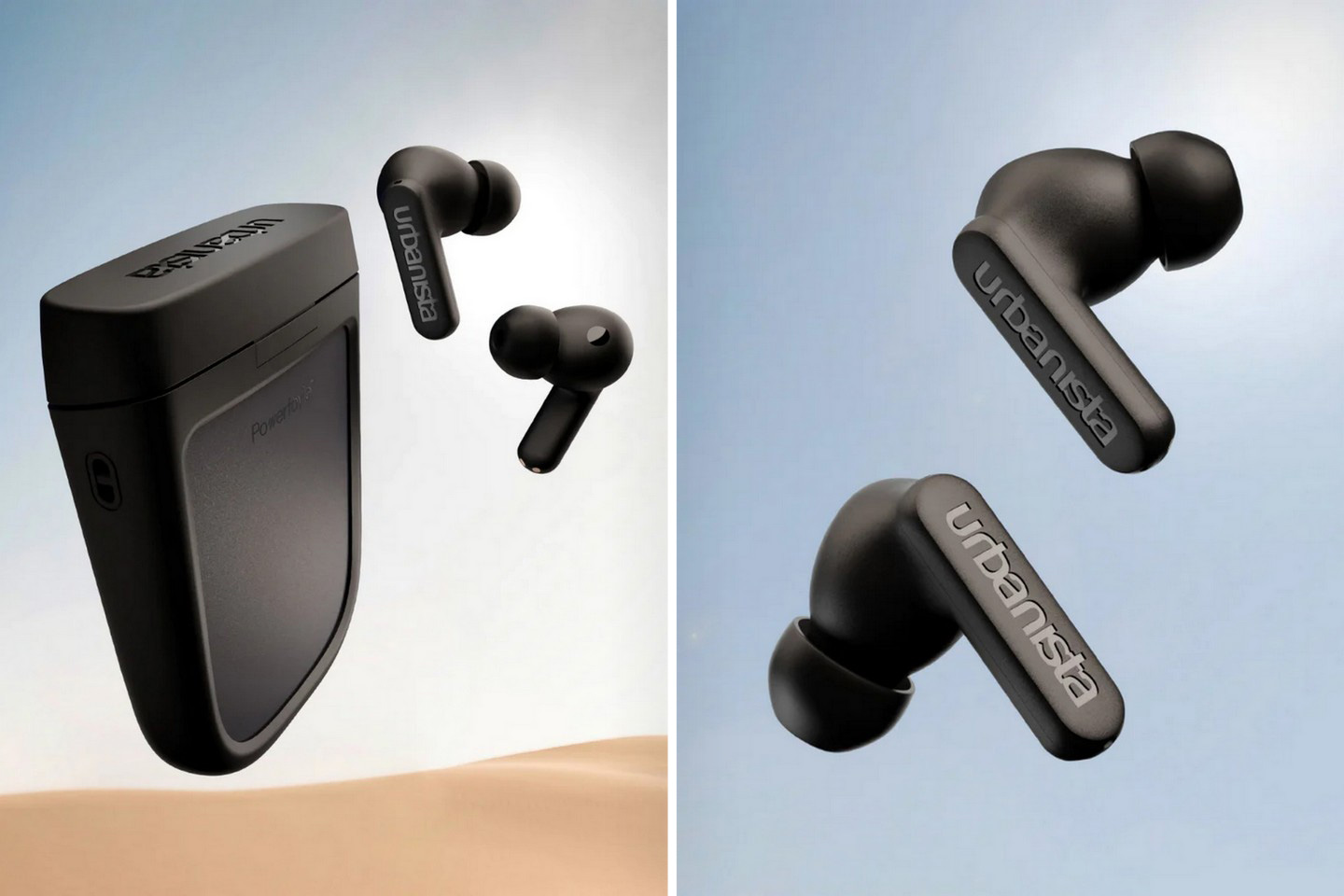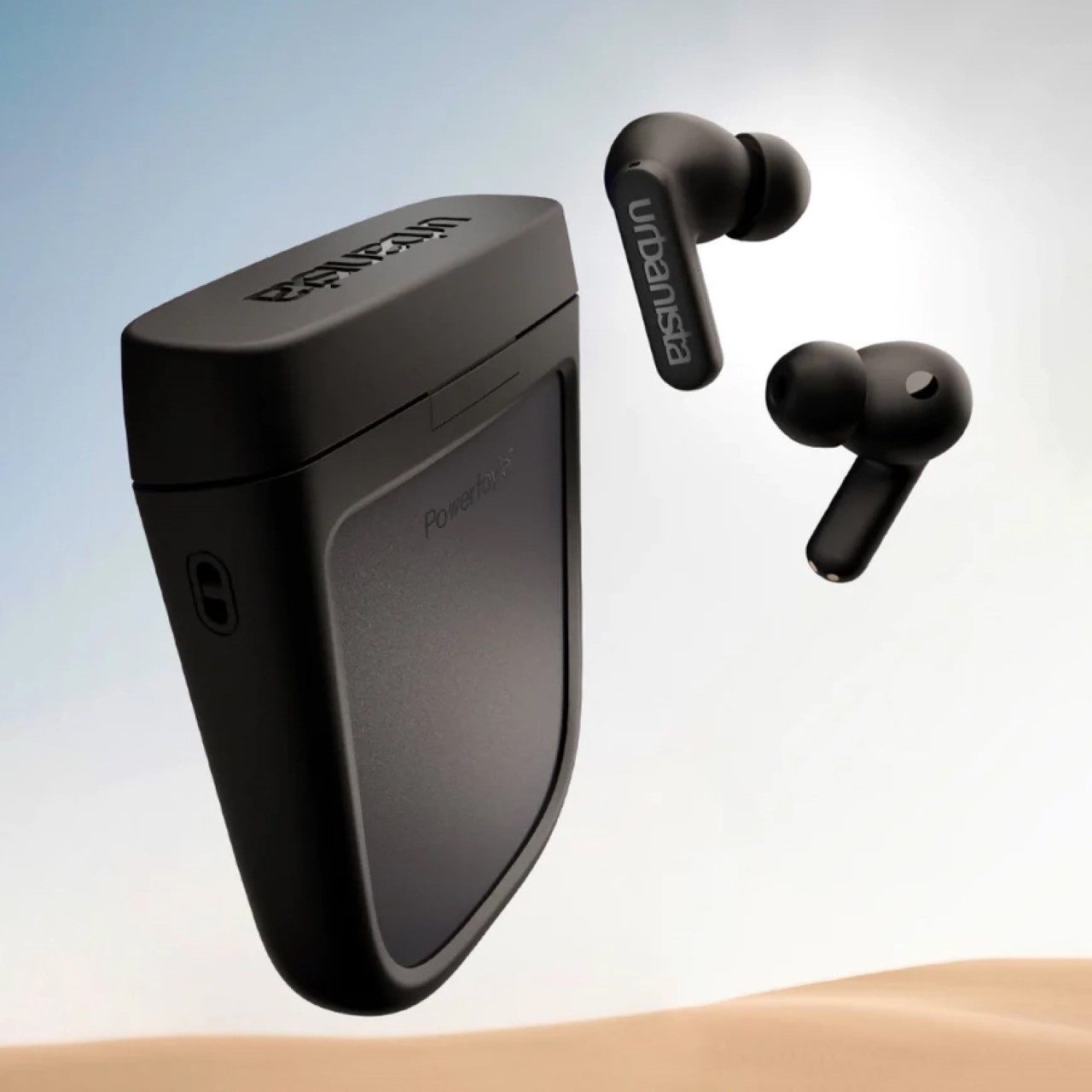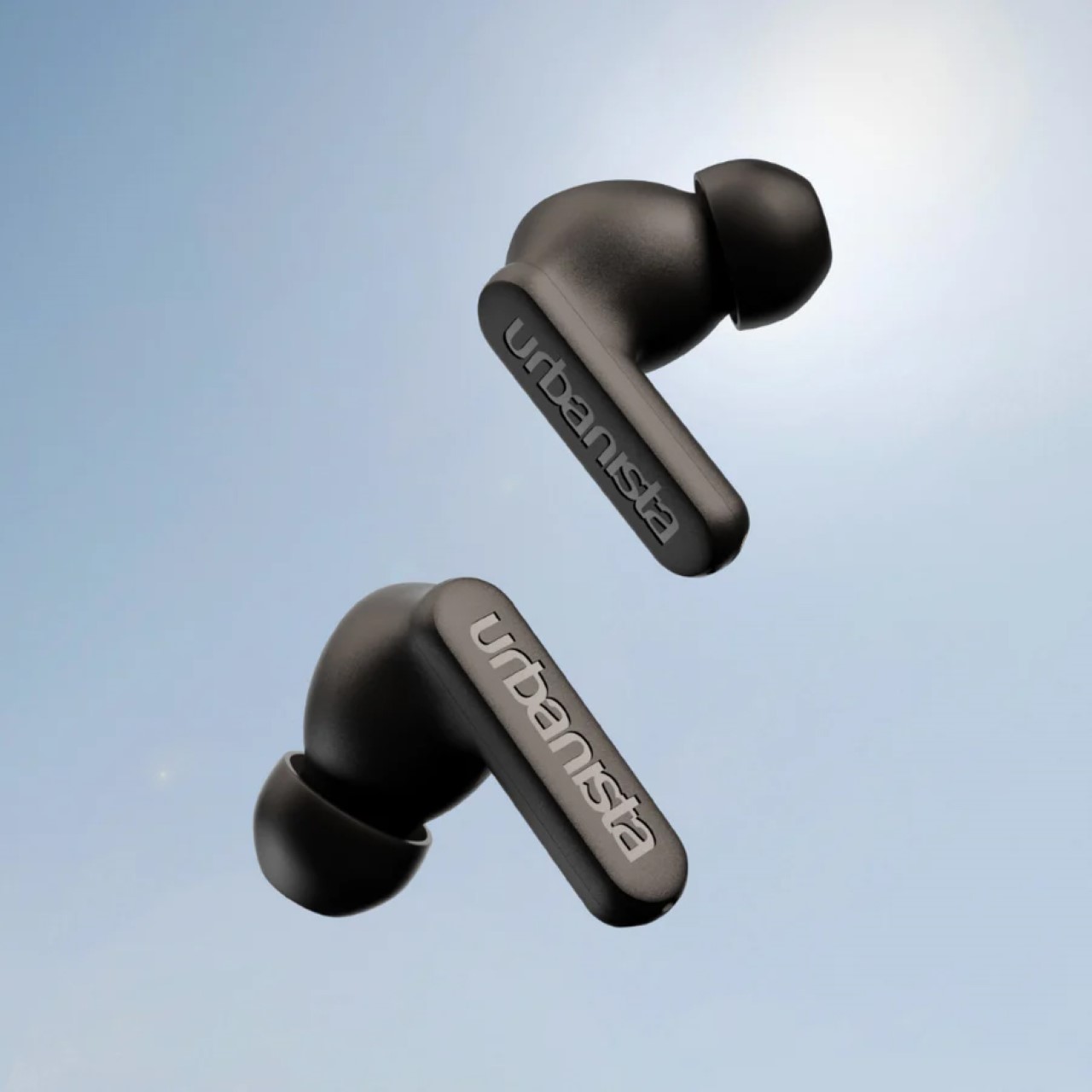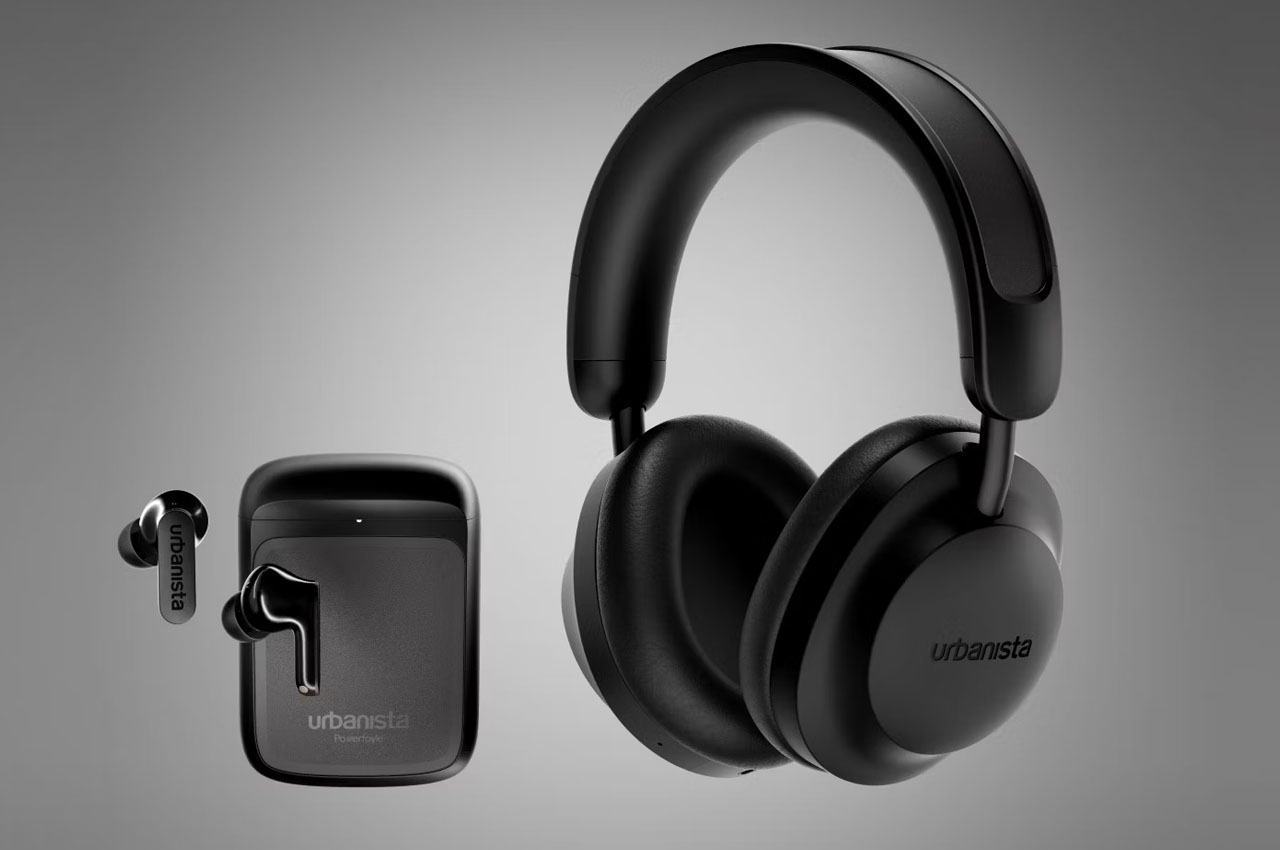
When venturing out to buy wireless headphones or earbuds, the primary consideration is their battery backup. This one feature holds high merit for those who travel a lot. A pair of cans or buds that can be free from this constraint, or at best, have limitless battery power at their disposal is the way to go and solar-powered function makes this possible.
Urbanista hooked on to this idea with their impressive Los Angeles headphones and the Phoenix TWS earbuds. Then adidas followed suit with their solar-powered RPT-02 SOL headphones. For audio lovers who want to stay away from the hassle of charging their headphones or earbuds time and again, these products make complete sense.
Designer: Urbanista
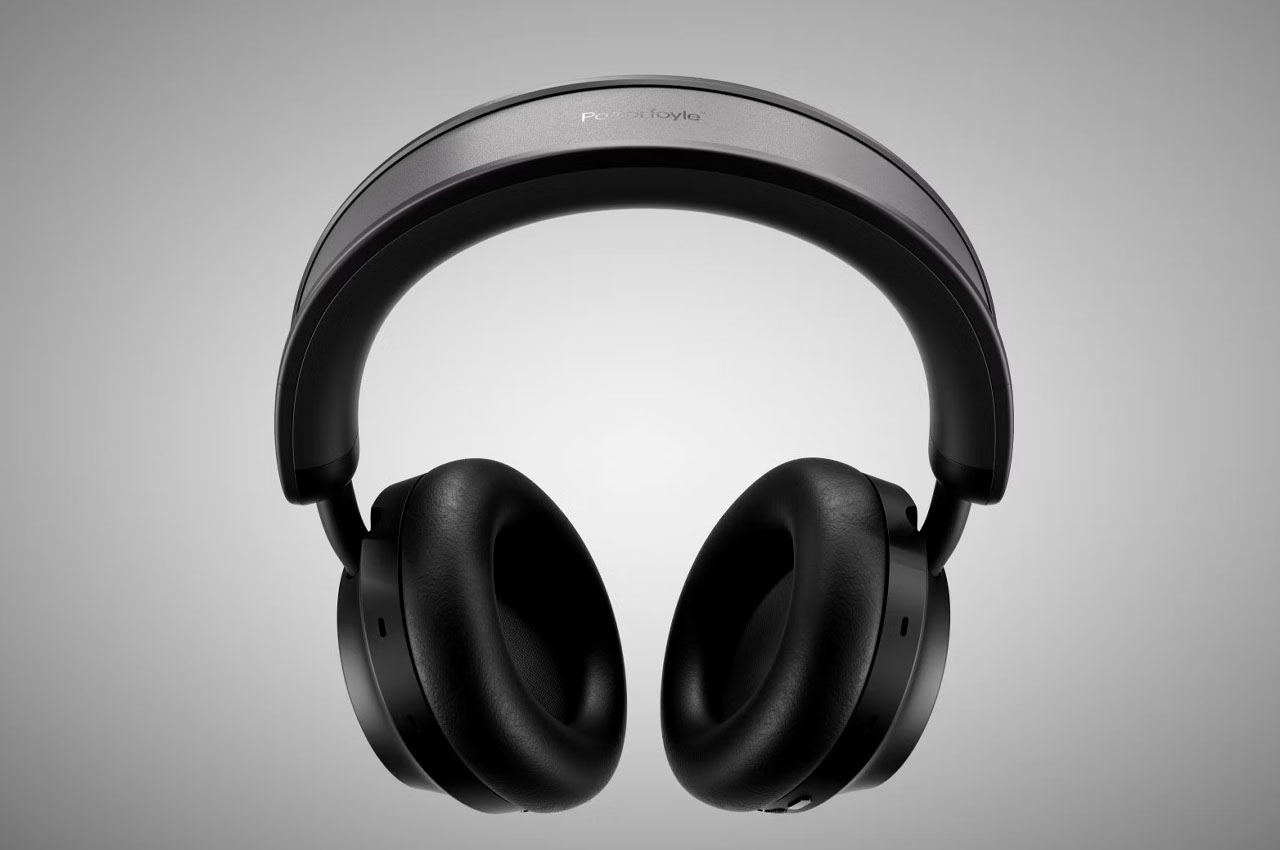
Riding on the success of the over-ear headphones and the Phoenix earbuds, the Stockholm-based company has announced the second generation of both these audio products. Just for the record, both of them are currently in development and expected to launch sometime in mid-2024. The good news is, they are going to cost slightly less than the first-generation versions. Los Angeles headphones will carry a price tag of $179 (vs $199 for the original version) and $129 for the Phoenix earbuds compared to the $149 of the earlier version. For those who are eager to have a first look, the audio accessories by Urbanista will be demonstrated at CES 2024.
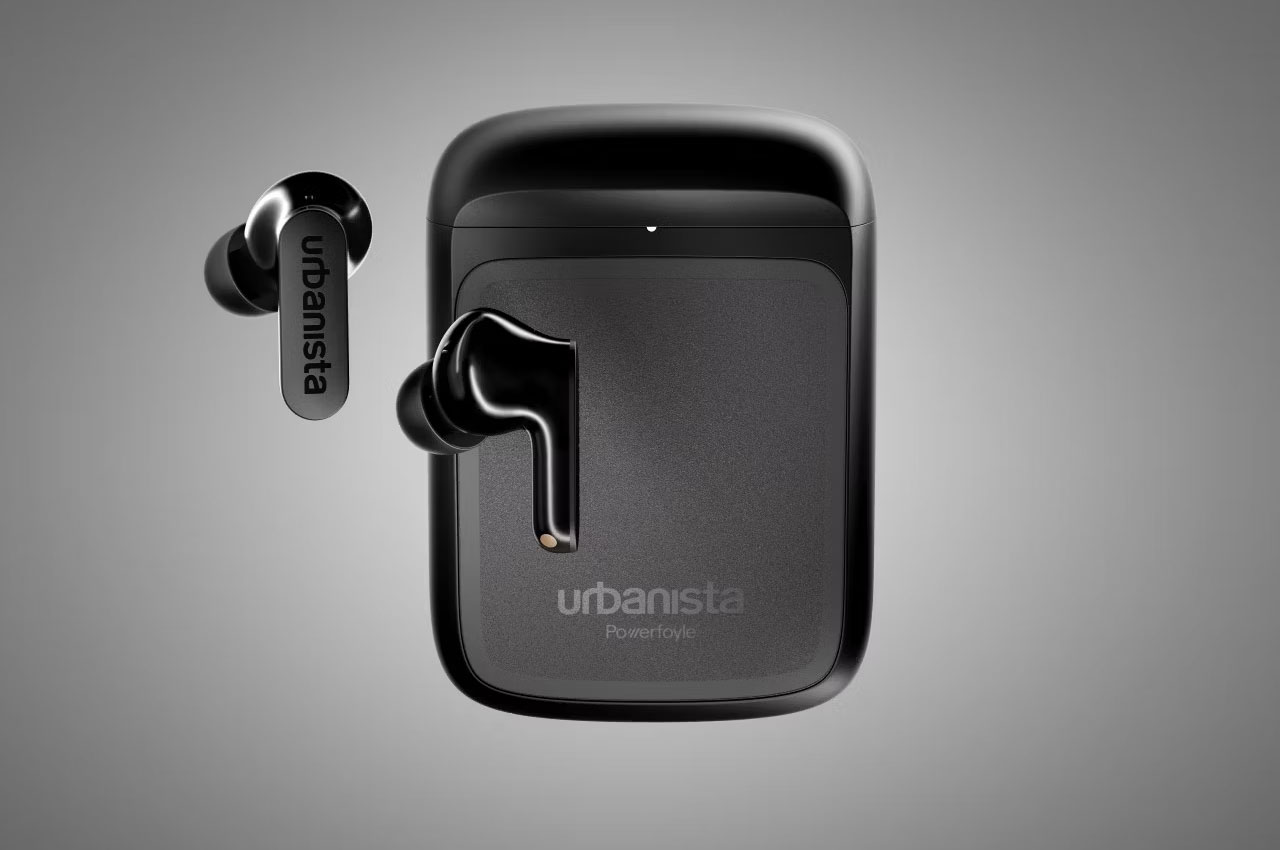
Similar to the predecessors (the current versions on sale), they employ the latest version of Powerfoyle solar charging material to charge the batteries. They absorb natural sunlight as well as light from artificial sources indoors to charge the battery. The amount of charge will depend on the intensity and duration of exposure to light but it will be impressive, offering at least a week of non-stop listening to infinite music if you live in places that have a good share of sunlight all year round. In case they run out of juice, the conventional method of charging them via the USB-C ports is also there.
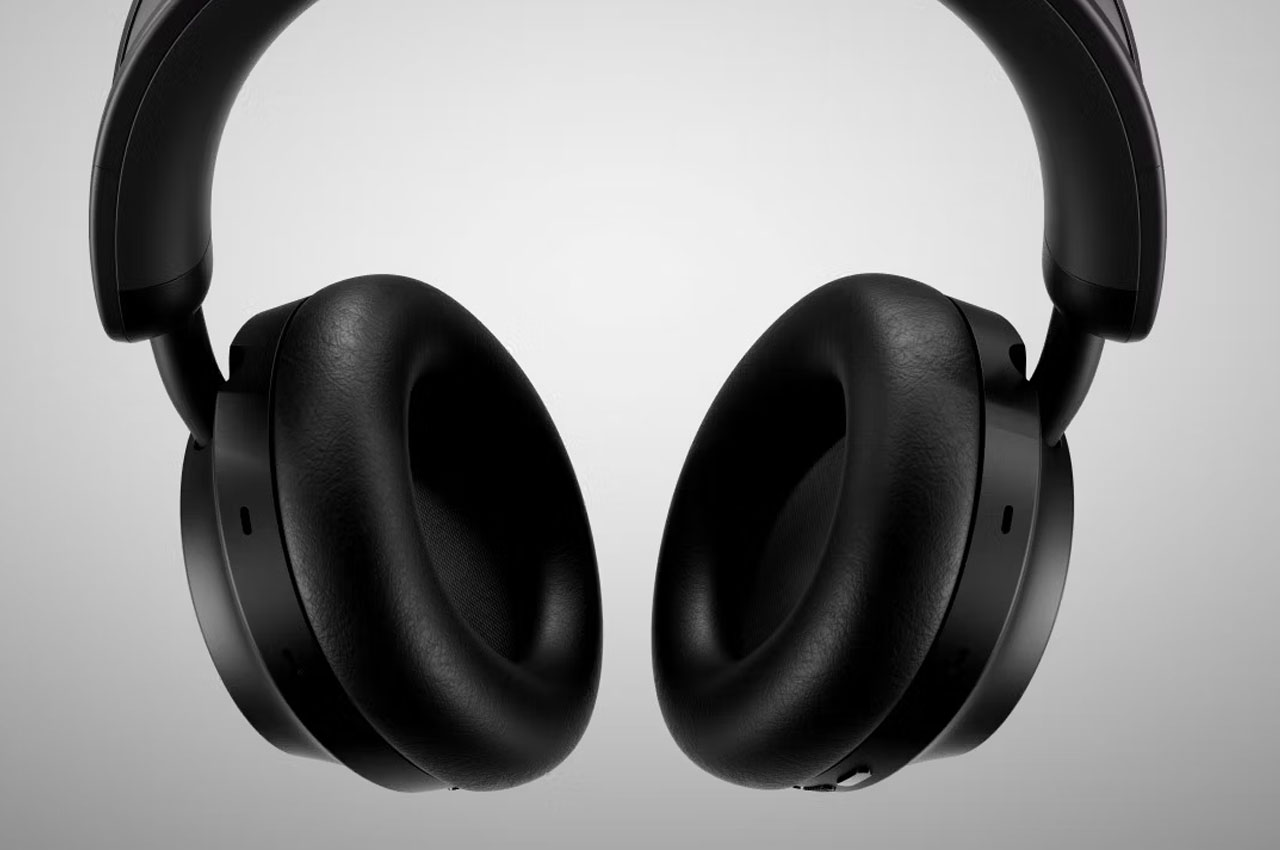
The Los Angeles headphones typically will give ample juice for four hours of listening daily on a 10-hour low-light charge with 50 days before another charge is needed. The second-generation Phoenix on the other hand will offer around 16 days of playtime with similar parameters.
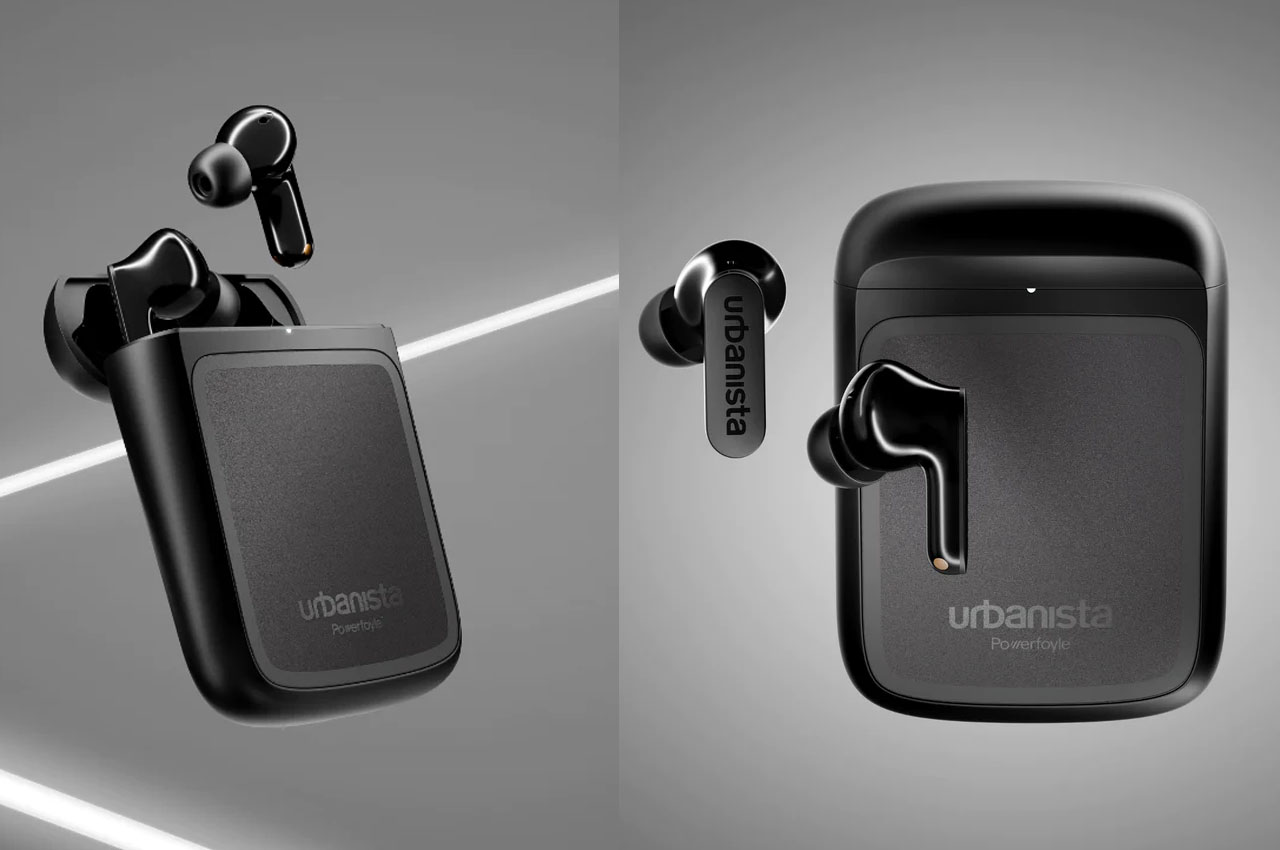
They come with better-designed components for improved efficiency, so we can expect them to stay charged for longer. The design of both is more streamlined and the Active Noise Cancellation is now adaptive meaning it applies the ANC depending on the amount of noise in the ambient environment.
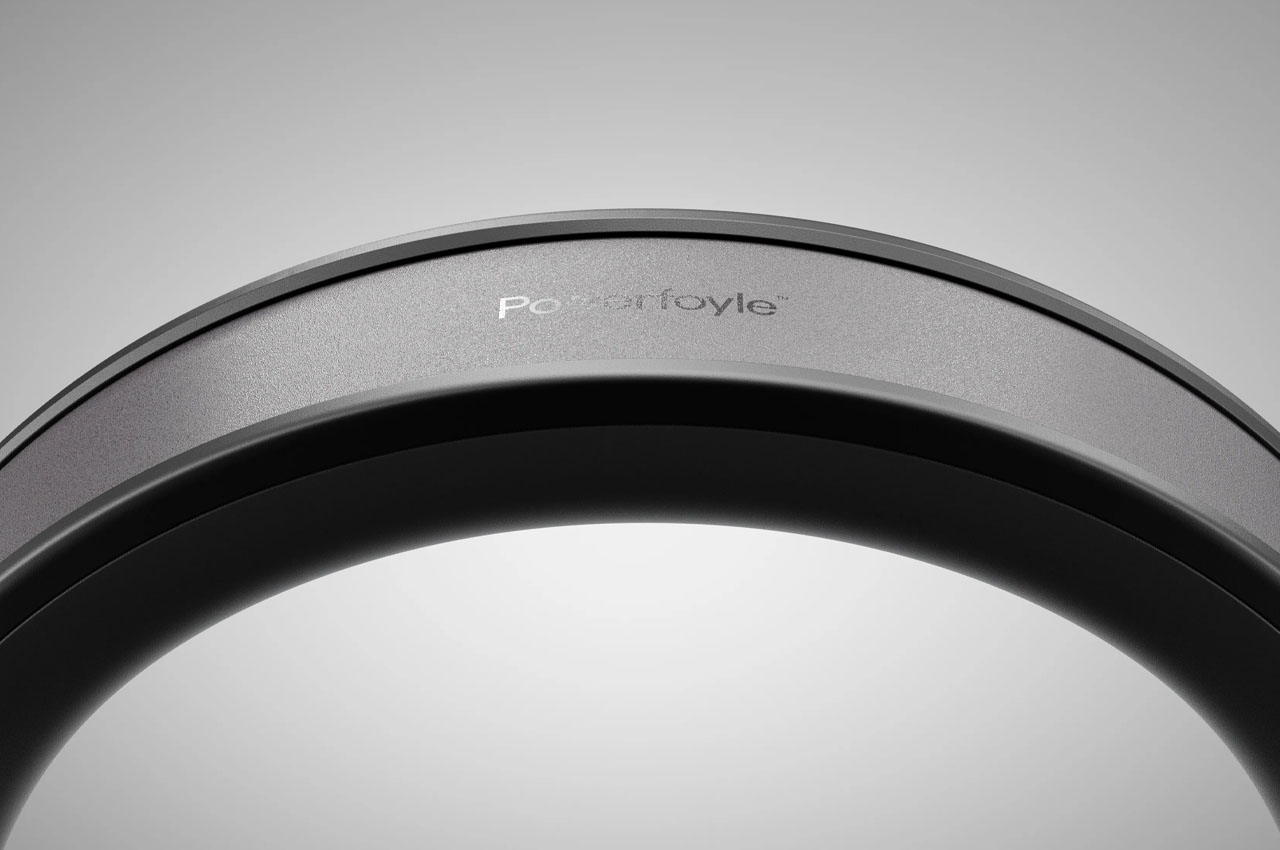
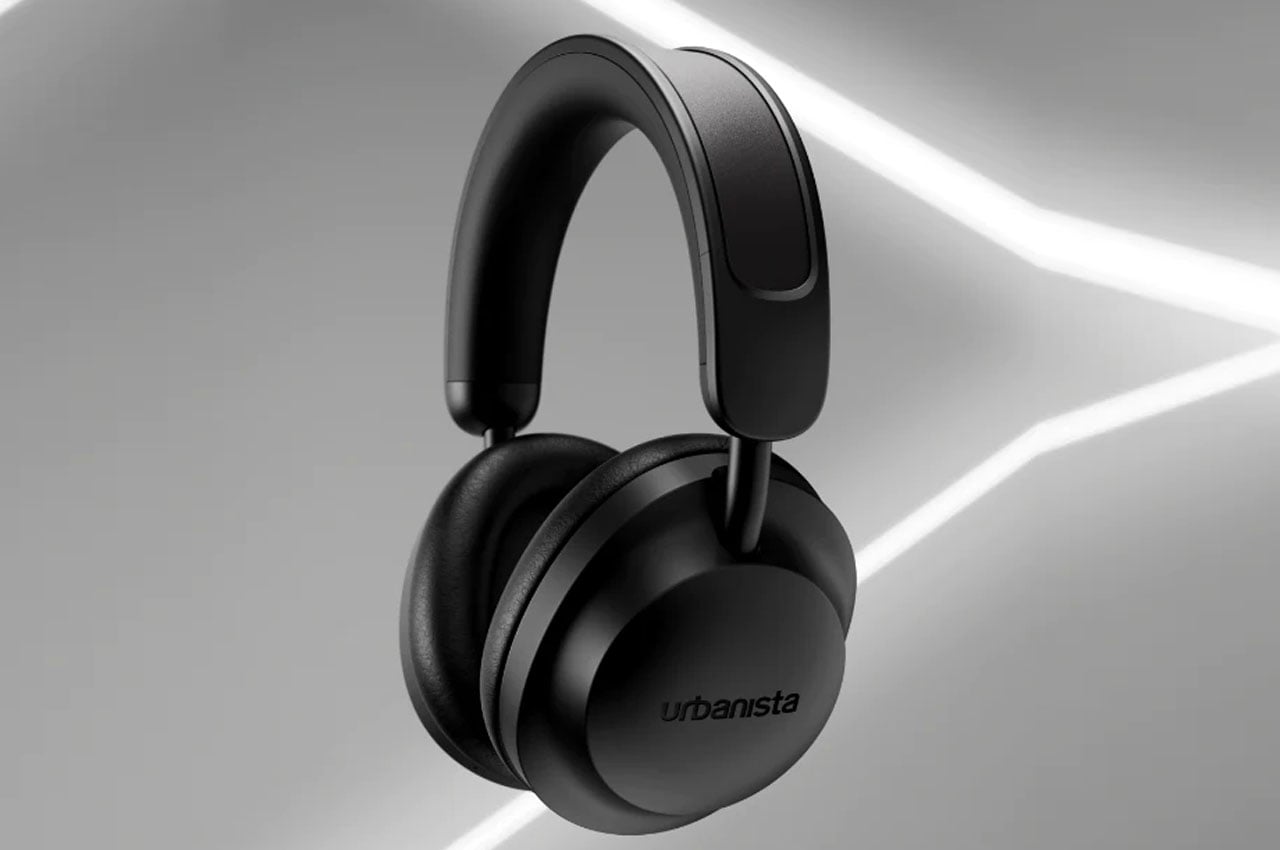
The post Urbanista reveals second generation headphones and earbuds that solar charge for infinite playtime first appeared on Yanko Design.
